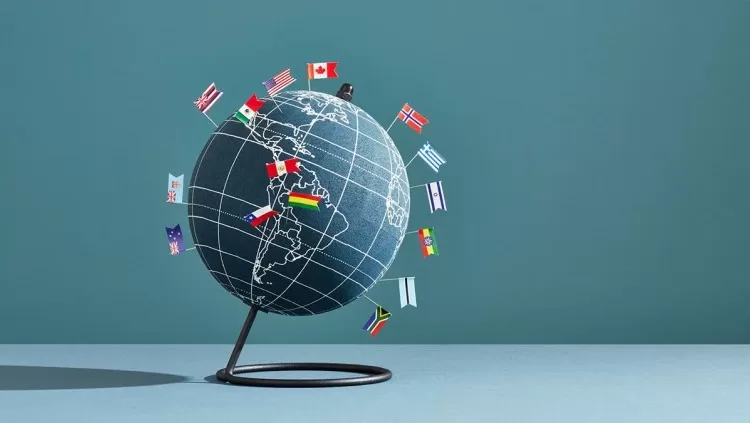The ongoing conflict between Russia and Ukraine, the longest armed conflict in Europe since World War II, has cast a long shadow over global markets. With no end in sight, the US and its allies have announced more stringent sanctions against Russia, while fears of disruptions in global oil and gas supplies due to infrastructure losses and Western sanctions loom large. However, despite the turbulence, experts predict that India’s relative strengths will come to the fore and lift equity markets once the situation normalizes.
Isolation of Russia and the Nuclear Arms Control Pact
Russian President Vladimir Putin has found himself increasingly isolated, according to the FT Big Read. Putin’s decision to suspend Russia’s participation in the new Strategic Arms Reduction Treaty (START), the nuclear arms control pact, has raised concerns over the possibility of the conflict turning into a nuclear one. However, strategic experts see the stalemate continuing, as no one has a clear definition of victory or end goals. While the Western bloc pursues sanctions against Russia, countries like India prioritize their own economic needs.
Effects on the Global Economy
The war has taken a heavy toll on the Ukrainian economy, while Russia stares at a bleak future. Nonetheless, some of the effects are already dissipating. Crude oil prices, for example, have dropped to around $80 a barrel from their peak of over $100 a barrel in August 2014. Russia has become the largest supplier of oil to India, and this trend is expected to persist even if the Ukraine conflict subsides. Similarly, global supply chains of other commodities that had been disrupted by the war are coming back on track. Inflation is slowly coming under control, although not at the desired pace of central bankers worldwide.
Also Read: K-Shaped Recovery: The Dilemma Facing India’s Central Bank
Impact on Global Markets
Despite concerns, investors seem to have shrugged off most of the impacts of the Russia-Ukraine crisis. At the time of writing, the Nifty 50 is trading at 17520 compared to a close of 16248 on 24 February 2022. This is indicative of global stock markets as well. According to a study by LPL Research, the Dow Jones Industrial Average slipped by an average of only 2 percent during 16 major conflagrations, including the Gulf War, the Iraq War, and 9/11. Most brokerages view the war as a problem only for global food and energy security, and not for determining the stock market’s trajectory.
The Road Ahead
With the crisis showing no signs of abating, the future remains uncertain. However, experts predict that India’s relative strengths will come to the fore and lift equity markets once the situation normalizes. While the West pursues sanctions against Russia, India has wisely prioritized its own economic needs. As global supply chains come back on track, and inflation comes under control, the markets are expected to stabilize. Nonetheless, the impact of the Russia-Ukraine crisis on the global economy and markets cannot be ignored, and investors must remain vigilant and informed.

